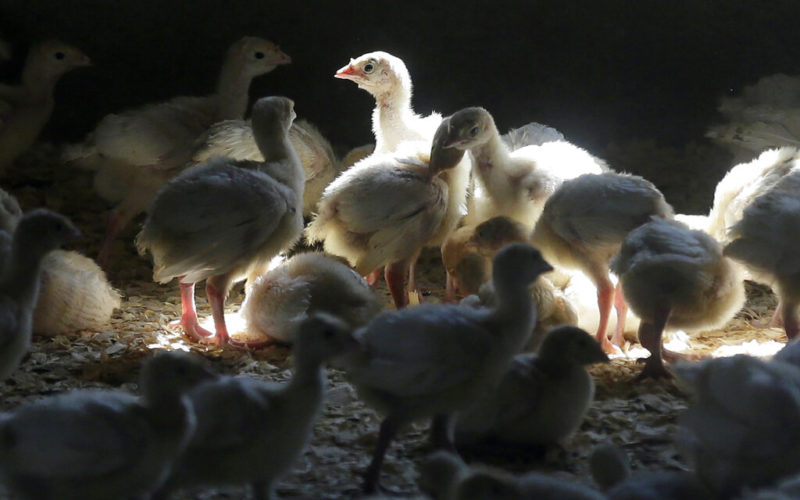Highly Pathogenic Avian Influenza has found its way into North Carolina’s commercial poultry industry after being found in wild waterfowl for the past several months. New updates have been provided recently from the North Carolina Department of Agriculture and Consumer Services (NCDACS) including a suspension of poultry events until further notice. This includes “exhibitions, farm tours, shows, sales, flea markets, auction markets, swaps and meets pertaining to poultry and feathered fowl in North Carolina.”
“This suspension is due to the continued spread of HPAI that has affected commercial and backyard flocks in numerous states, including North Carolina,” said State Veterinarian Mike Martin earlier this month. “We do not make this decision lightly. HPAI is a serious threat to our poultry industry and this is a precaution to help limit the introduction of the virus to backyard and commercial flocks.
Producers, both big and small, should continue to practice proper biosecurity protocols to keep commercial and domestic flocks away from areas frequented by migratory birds, all waterfowl, and other wild birds. The main point here is that they do not need to have free access to the outdoors in a way that is unprotected. HPAI could wipe out an entire flock when infected. In addition to routine biosecurity protocols like having farm dedicated clothing and footwear, other things to consider at this time include: relocating flocks away from all natural bodies of water, covering the top of any open or screened runs with metal and/or plastic to prevent wild bird droppings from falling into the bird area, and removing wild bird feeders or distancing them from any backyard flocks as much as possible. If your birds are more confined than usual, be sure to adjust ventilation as needed and consider adding forms of enrichment to discourage birds from pecking one another such as tree branches, cabbage, melons, pecking blocks, hanging aluminum pie pans, etc.
The Department of Agriculture classifies warning signs of HPAI as reduced energy, decreased appetite, and/or decreased activity, lower egg production and/or soft-shelled or misshapen eggs, swelling of the head, eyelids, comb and wattles, purple discoloration of the wattles, comb and legs, difficulty breathing, runny nares (nose), and/or sneezing, twisting of the head and neck, stumbling, falling down, tremors and/or circling, and/or greenish diarrhea. All flock owners are strongly encouraged to keep birds indoors without access to the outside and should report sick birds to your local veterinarian, the NCDA&CS Veterinary Division, 919-707-3250, or the N.C. Veterinary Diagnostic Laboratory System 919-733-3986.
“This type of HPAI virus is considered a low risk to people according to the U.S. Centers for Disease Control and Prevention. There are no cases to date of this strain of HPAI infecting a person. The virus is also not considered a food safety threat and infected birds do not enter the food supply. All properly cooked poultry products are safe to consume.”

